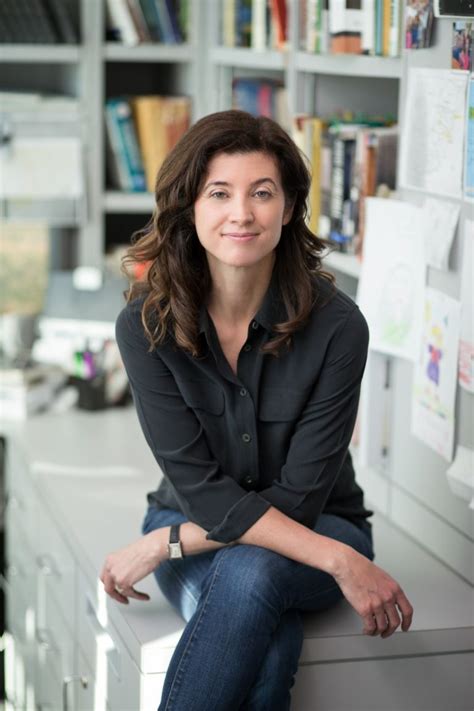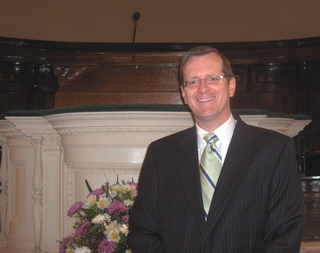A Quote by Phyllis Rose
the challenge of nonfiction is to marry art and truth.
Quote Topics
Related Quotes
When you're researching things that have happened, the clear narrative arc is not there already. This is the problem of writing nonfiction for me - writing nonfiction which is about serious subjects and has serious political and social points to make, yet which is meant to be popular to a degree - what happens when the facts don't fit a convenient narrative arc? I guess that for a lot of nonfiction writers that is a central challenge.
I think the term "artist's novel" for me has referred to writing which supports an art practice or a more specifically a particular artwork or project. The nonfiction novellas and nonfiction novel I have written play a role in my artwork as objects - which I will return to, but I write the books to exist autonomously.
Fiction and nonfiction are not so easily divided. Fiction may not be real, but it's true; it goes beyond the garland of facts to get to emotional and psychological truths. As for nonfiction, for history, it may be real, but its truth is slippery, hard to access, with no fixed meaning bolted to it. If history doesn't become story, it dies to everyone except the historian.
As I started to read nonfiction in the mid '70s, I discovered, holy cow, there was a lot of imaginative nonfiction. Not the kind where people use composite characters and invented quotes. I hate that kind of nonfiction. But imaginative in the sense that good writing and unexpected structure and vivid reporting could be combined with presenting facts.



































